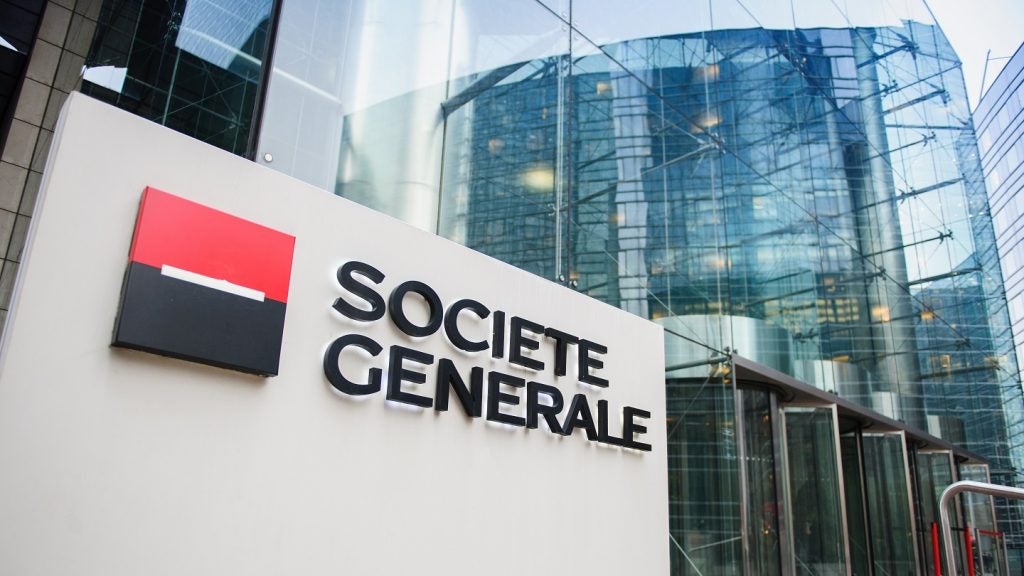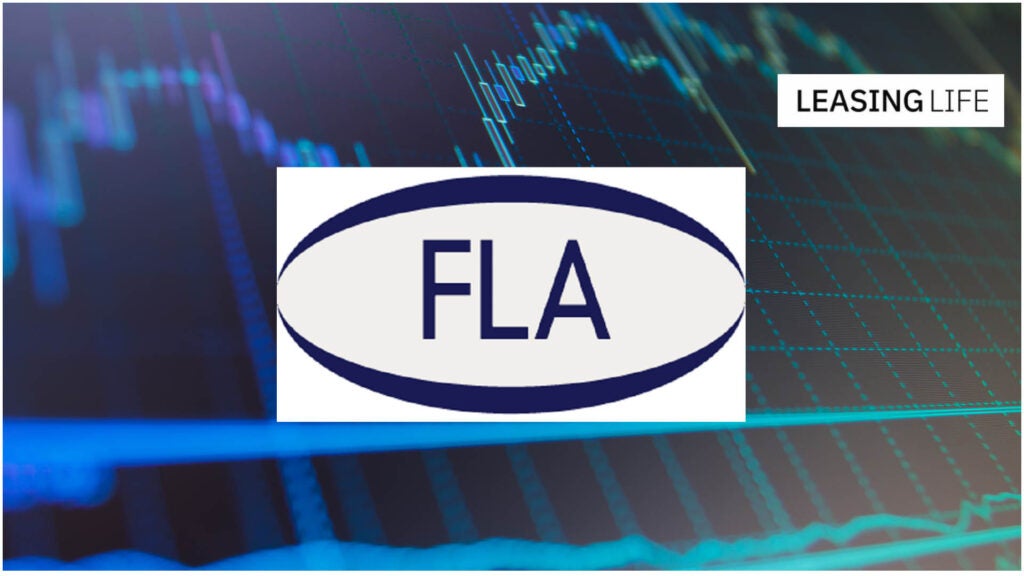
In the first month of the Small Business Finance Directory becoming live, and before its official launch, we saw £6.5m of leasing deals at an average of just under £150,000 a deal.
Computers, agricultural equipment and machine tools were the commonest items for which a lease was sought via: smallbusinessfinancedirectory.co.uk. Also, the NACFB generally saw established businesses, rather than start-ups, using the site.Companies regularly explain their business is bumping up against the limits of organic growth.
We get this information from the directory’s "comments" section, as well as from feedback from our annual survey. And, of course, leasing can be a cash flow-freeing solution businesses may not have previously considered. So our brokers are a source of instruction as well as finance.
Having members throughout the UK allows the NACFB to build up a picture of the geographical spread of finance. According to some figures released at the end of July by the British Bankers’ Association (BBA), the haves and the have-nots continue to be divided by predictable geographical lines, with Have-Not Britain stretching across half the country. In parts of Wales, SMEs typically owe £20,000 more than the balance of their bank accounts. But in central London the average small business is more than £120,000 in credit.
This much, you might have guessed yourself, but here’s the story you might have missed: overall, the BBA tells us that SMEs aren’t even spending the money they’ve got. Far from being in debt, they’re actually some of Britain’s most diligent savers.
SMEs have more cash sitting in the bank than the total value of their debt in nearly three-quarters of the postcode areas on which data has been published.
How well do you really know your competitors?
Access the most comprehensive Company Profiles on the market, powered by GlobalData. Save hours of research. Gain competitive edge.

Thank you!
Your download email will arrive shortly
Not ready to buy yet? Download a free sample
We are confident about the unique quality of our Company Profiles. However, we want you to make the most beneficial decision for your business, so we offer a free sample that you can download by submitting the below form
By GlobalDataPossibly this is a symptom of ill confidence. The NACFB’s own anecdotal evidence suggests that businesses are failing to grow precisely because they are unable or unwilling to invest heavily in potential future growth. If you’re not certain your laundrette will flourish or your delivery service will be reliably profitable, where’s the incentive to sink every penny you can into the machinery or the new electric lorry?
Of course, the "confidence theory" doesn’t really explain why it’s the most affluent parts of the UK that have built up the biggest insurance against over-investment. But there’s not much confidence out there. Just 0.8% of brokers report that the businesses they have talked to recently expect to grow rapidly. Flip that around, and it appears that 99% of businesses are expecting something different. And 43% don’t expect to grow at all in the next 12 months.
The NACFB exists to bolster confidence, all over the UK. We know where the funding gaps are, and we’re trying everything we can to fill them, from the smallest newest alternative lenders right the way up to the £3.9bn in the Business Bank, and from Penzance to Papa Westray.
Adam Tyler is chief executive of the National Association of Commercial Finance Brokers







